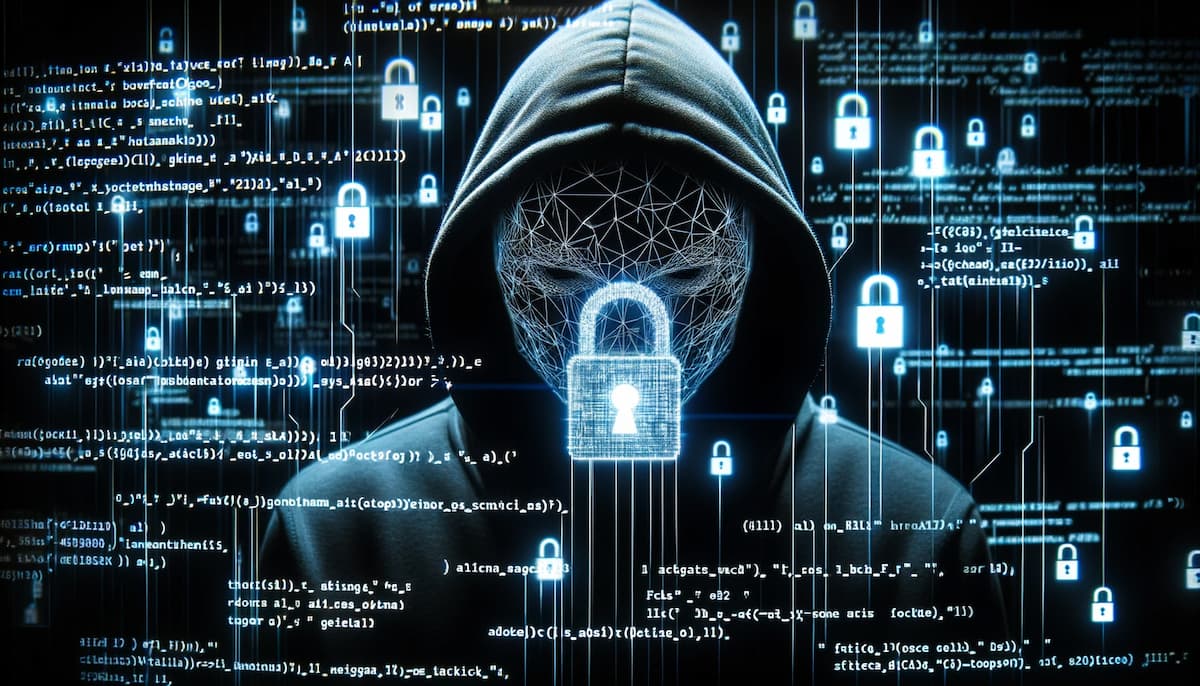info@gladsme.in
+91.8891968718
Demystifying Hacking: Understanding the Intricacies of Cybersecurity
Demystifying Hacking: Understanding the Intricacies of Cybersecurity

Hacking - a term that invokes a sense of mystery, intrigue, and often, fear. It's a concept that has been glamorized by Hollywood but misunderstood by many. In reality, hacking is not just about breaching systems or causing chaos; it's a multifaceted field that encompasses a wide range of activities, from ethical hacking to malicious cyber attacks. In this blog post, we'll delve deep into the world of hacking, unraveling its complexities, and shedding light on its various aspects.
Understanding Hacking
At its core, hacking refers to the act of gaining unauthorized access to computer systems or networks. However, this definition barely scratches the surface of what hacking truly entails. Hacking can be classified into several categories, including:
Ethical Hacking: Also known as penetration testing or white-hat hacking, ethical hacking involves legally breaking into systems to identify vulnerabilities and strengthen security measures. Ethical hackers play a crucial role in safeguarding organizations against cyber threats.
Malicious Hacking: On the flip side, malicious hacking involves exploiting vulnerabilities for personal gain, malicious intent, or simply for the thrill of causing disruption. This form of hacking encompasses activities such as data breaches, ransomware attacks, and identity theft.
Hacktivism: Hacktivism blends hacking with activism, where individuals or groups use their technical skills to promote social or political causes. While some hacktivist activities may be peaceful and non-destructive, others can have significant repercussions.
Cracking: Often used interchangeably with hacking, cracking specifically refers to bypassing software copy protection mechanisms to gain unauthorized access to software or media.
The Ethics of Hacking
Ethics play a pivotal role in the world of hacking. While ethical hackers work within legal boundaries to enhance cybersecurity, malicious hackers disregard ethical considerations and exploit vulnerabilities for nefarious purposes. It's essential to distinguish between the two and recognize the ethical implications of hacking activities.
Protecting Against Hacking
As the prevalence of cyber threats continues to rise, protecting against hacking has become paramount for individuals and organizations alike. Implementing robust cybersecurity measures, staying vigilant against phishing attempts, regularly updating software, and conducting security audits are some effective ways to mitigate the risk of hacking.
Hacking is a complex and multifaceted field that encompasses both positive and negative aspects. While ethical hacking can enhance cybersecurity and strengthen defenses, malicious hacking poses significant threats to individuals, businesses, and society as a whole. By understanding the intricacies of hacking and adopting proactive security measures, we can navigate this digital landscape more safely and responsibly.
Related Blogs

The Importance of Data Structures in Software Development
Read More...
Exploring Machine Learning Algorithms: A Beginner's Guide
Read More...
The Evolution of Programming Languages: From Assembly to Rust
Read More...
Understanding Big O Notation: A Guide for Developers
Read More...Subscribe for our Newsletter
Subscribe to elevate your software game! Stay updated on the latest trends, coding insights, and exclusive promotions with our newsletter.
